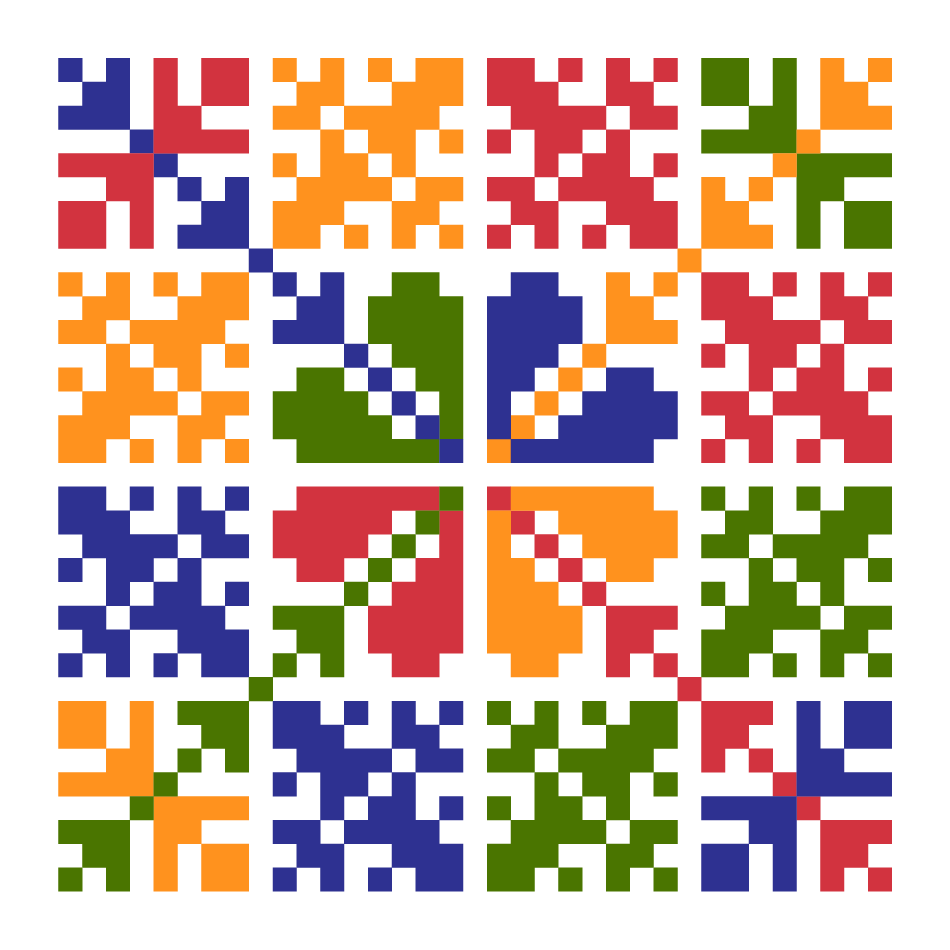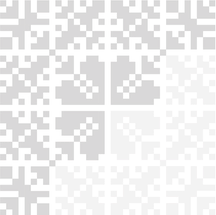C4 M1 L5 Grammar
4 | Modul 1: Gramatika
Dome, slatki dome
4 | 1 | Lekcija 5: Moja cimerica
| Glagoli
POČINJATI (to start) | |||||
SINGULAR | PLURAL | ||||
ja | počinj-em | mi | počinj-emo | ||
ti | počinj-eš | vi | počinj-ete | ||
on/-a/-o | počinj-e | oni/-e/-a | počinj-u | ||
ZAVRŠAVATI (to finish) | |||||
SINGULAR | PLURAL | ||||
ja | završav-am | mi | završav-amo | ||
ti | završav-aš | vi | završav-ate | ||
on/-a/-o | završav-a | oni/-e/-a | završav-aju | ||
DOLAZITI (to come) | |||||
SINGULAR | PLURAL | ||||
ja | dolaz-im | mi | dolaz-imo | ||
ti | dolaz-iš | vi | dolaz-ite | ||
on/-a/-o | dolaz-i | oni/-e/-a | dolaz-e | ||
| Months and Seasons
When we express the idea “in […] month,” Croatian uses the preposition u plus the Locative case.
siječanj | u siječnju | srpanj | u srpnju |
veljača* | u veljači | kolovoz | u kolovozu |
ožujak | u ožujku | rujan | u rujnu |
travanj | u travnju | listopad | u listopadu |
svibanj | u svibnju | studeni | u studenom** |
lipanj | u lipnju | prosinac | u prosincu |
* February (veljača) is the only month that takes the feminine gender.
**November (studeni) is the only month that takes the masculine singular adjective ending. All other months take the noun ending based on their gender.
- Most of the months have mobile (fleeting) -a- that will disappear in their Locative form. Look at the following example: siječanj – u siječnju.
G | 4.1 Zadatak 17. Koje je godišnje doba? |
Listen to the recording. You will hear a certain month. Indicate what season this month occurs.
Audio file | proljeće | ljeto | jesen | zima |
travanj |
|
|
|
|
prosinac |
|
|
|
|
siječanj |
|
|
|
|
rujan |
|
|
|
|
veljača |
|
|
|
|
lipanj |
|
|
|
|
listopad |
|
|
|
|
kolovoz |
|
|
|
|
ožujak |
|
|
|
|
svibanj |
|
|
|
|
studeni |
|
|
|
|
srpanj |
|
|
|
|
G | 4.1 Zadatak 18. U kojem mjesecu? |
Listen to the following months and mark the appropriate ordinal number that indicates which month was mentioned.
Audio file | 1. | 2. | 3. | 4. | 5. | 6. | 7. | 8. | 9. | 10. | 11. | 12. |
u veljači |
|
|
|
|
|
|
|
|
|
|
|
|
u lipnju |
|
|
|
|
|
|
|
|
|
|
|
|
u rujnu |
|
|
|
|
|
|
|
|
|
|
|
|
u studenom |
|
|
|
|
|
|
|
|
|
|
|
|
u siječnju |
|
|
|
|
|
|
|
|
|
|
|
|
u srpnju |
|
|
|
|
|
|
|
|
|
|
|
|
u travnju |
|
|
|
|
|
|
|
|
|
|
|
|
u listopadu |
|
|
|
|
|
|
|
|
|
|
|
|
u ožujku |
|
|
|
|
|
|
|
|
|
|
|
|
u kolovozu |
|
|
|
|
|
|
|
|
|
|
|
|
u prosincu |
|
|
|
|
|
|
|
|
|
|
|
|
u svibnju |
|
|
|
|
|
|
|
|
|
|
|
|
| Noun DOBA
The Croatian noun doba grammatically follows the rules of the neuter gender. Thus, we should say, for example: lijepo doba.
Do not confuse the noun DOBA (n.) with DOB (f.)! They are both irregular in their gender and ending form, but they also mean different things.
doba – (time) period
u zimsko doba (during the winter time)
dob – age
mlada dob (young age)


